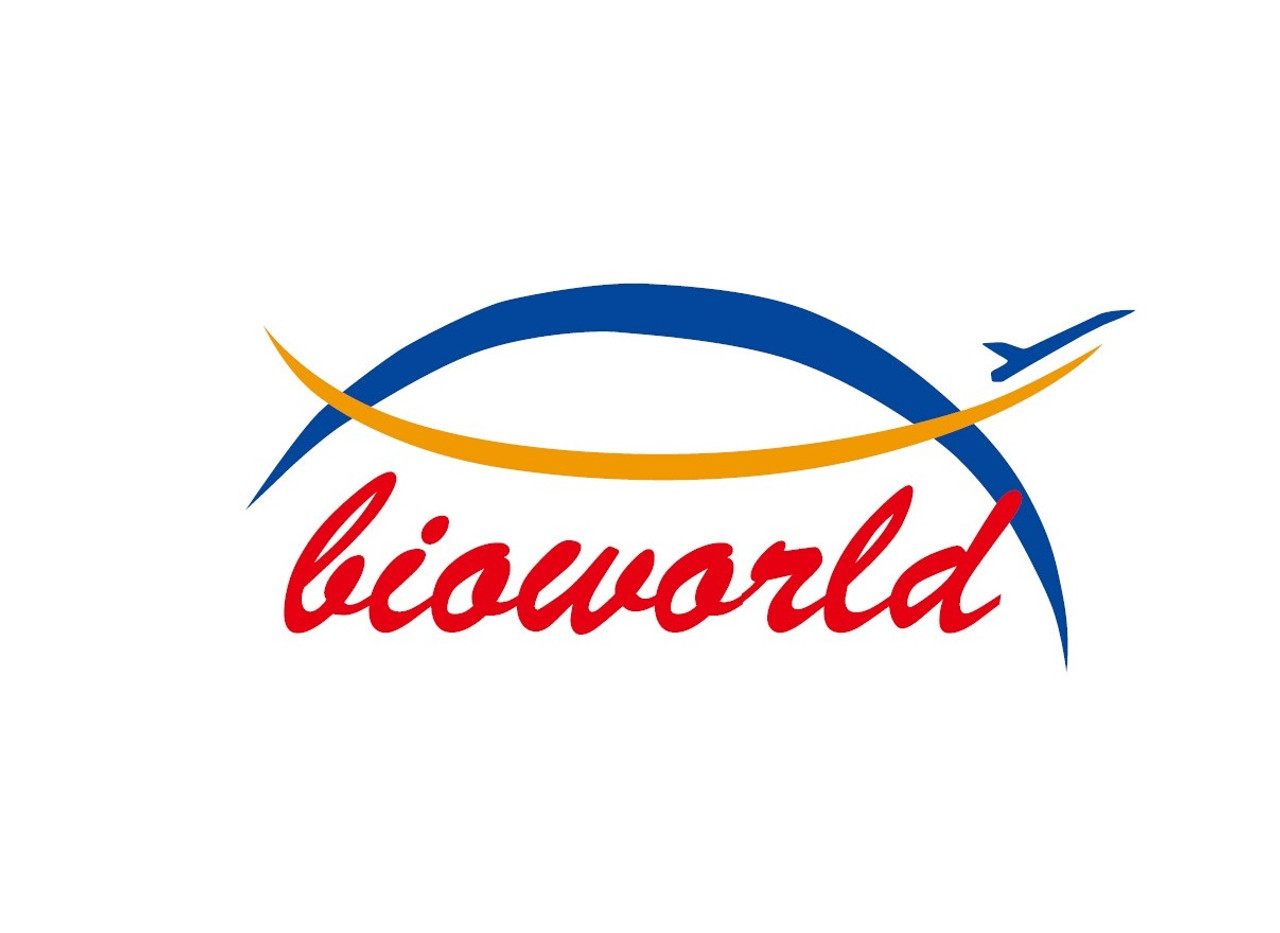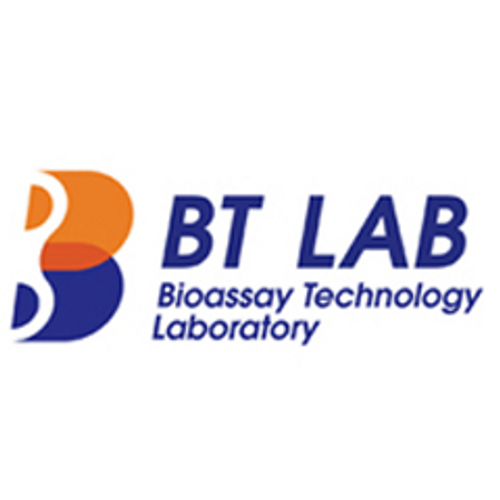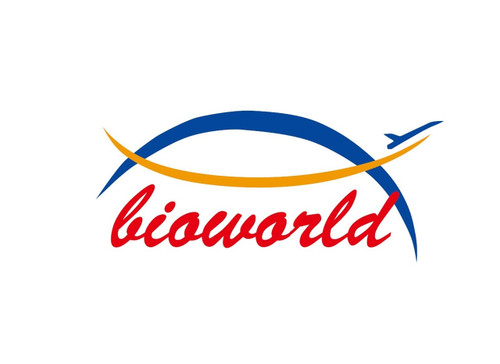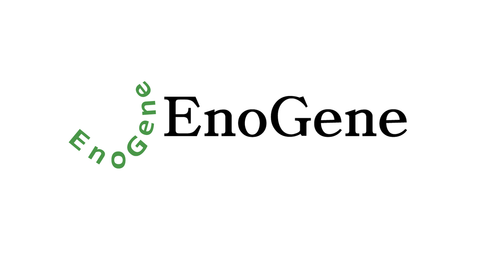Product Description
JNK1/2/3 (phospho-T183/Y185) polyclonal Antibody | BS4322 | Bioworld
Host: Rabbit
Reactivity: Human,Mouse,Rat
Application: WB IF IHC
Application Range: WB: 1:500~1:1000 IHC: 1:50~1:200 IF: 1:50~1:200
Background: The human JNK1 (PRKM8, SAPK1, MAPK8) gene maps to chromosome 10q11.22 and shares 83% amino acid identity with JNK2. JNK1 is necessary for normal activation and differentiation of CD4 helper T (TH) cells into TH1 and TH2 effector cells. Capsaicin activates JNK1 and p38 in Ras-transformed human breast epithelial cells. Nitrogen oxides (NOx) upregulate JNK1 in addition to c-Fos, c-Jun and other signaling kinases, including MEKK1 and p38. JNK3 (MK10, MAPK10, PRKM10) is activated by pro-inflammatory cytokines and environmental stresss by phosphorylating transcription factors such as c-Jun and ATF2. This is important for AP-1 transcriptional activity regulation. JNK3 is crucial for neuronal apoptosis (stress-induced) .
Storage & Stability: Store at 4°C short term. Aliquot and store at -20°C long term. Avoid freeze-thaw cycles.
Specificity: p-JNK1/2/3 (T183/Y185) polyclonal Antibody detects endogenous levels of JNK1/2/3 protein only when phosphorylated at Thr183 and Tyr185.
Molecular Weight: ~ 46,54 kDa
Note: For research use only, not for use in diagnostic procedure.
Alternative Names: JNK 46; JNK 55; JNK; JNK1; JNK1A2; JNK2; JNK21B1/2; JNK2ALPHA; JNK2B; JNK2BETA; JNK3; JNK3A; MAP kinase 8; MAP kinase 9; MAP kinase p49 3F12; MAPK 8; MAPK 9; MAPK10; MAPK8; MAPK9; MGC50974; Mitogen activated protein kinase 10; Mitogen activated protein kinase 8; Mitogen activated protein kinase 9
Immunogen: Synthetic phosphopeptide derived from human JNK1 around the phosphorylation site of Threonine 183 and Tyrosine 185.
Conjugate: Unconjugated
Modification: Phosphorylation
Purification & Purity: The Antibody was affinity-purified from rabbit antiserum by affinity-chromatography using epitope-specific immunogen and the purity is > 95% (by SDS-PAGE) .
Pathway: PI3K AKT signaling,Translational Contral elF4 and p70 S6 Kinase,MTOR signaling,
 Euro
Euro
 USD
USD
 British Pound
British Pound
 NULL
NULL








![Bi-Phospho-JNK1 (T183/Y185) Antibody [APR05238G] Bi-Phospho-JNK1 (T183/Y185) Antibody [APR05238G]](https://cdn11.bigcommerce.com/s-452hpg8iuh/images/stencil/500x659/products/867128/1159195/logo__92149.1659788186__24654.1659863509.png?c=2)